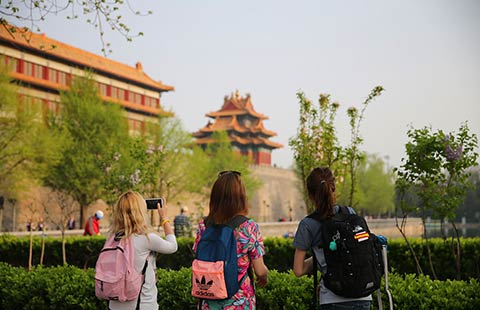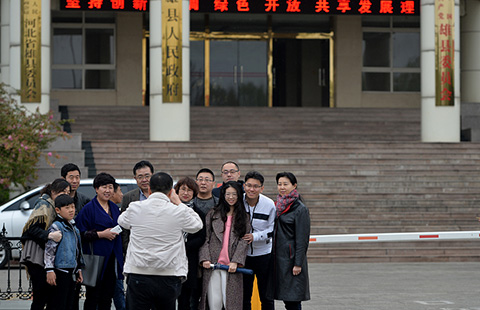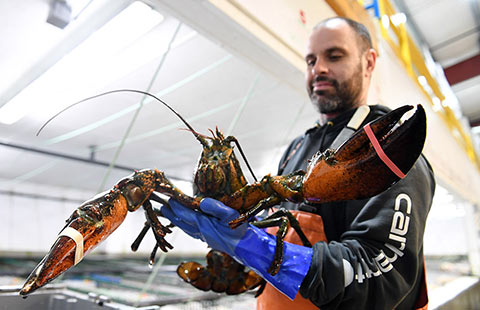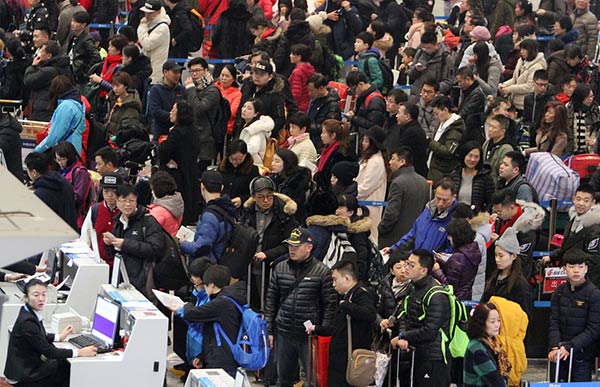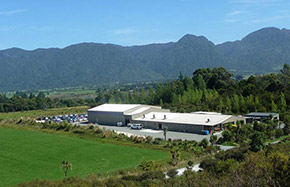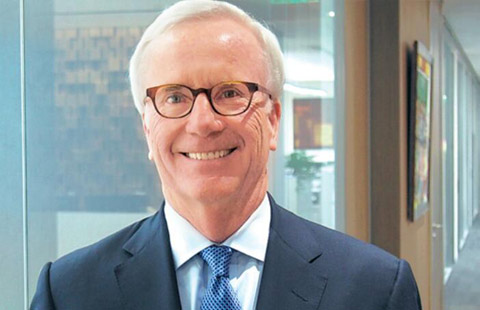Economic issues to be priority of Li's 1-week trip
Premier Li Keqiang on Sunday will kick off his first overseas trip since taking office, going to India, Pakistan, Switzerland and Germany during a weeklong tour that ends on May 27.
Observers said the four destinations of Li's maiden overseas trip shows the importance that China's new leadership attaches to relations with its neighbors and the EU — the country's biggest trading partner — which is still gripped by a debt crisis.
Li, who became premier in March, will kick off the visit at the invitations of Indian Prime Minister Manmohan Singh, Pakistani government, Swiss President Ueli Maurer and German Chancellor Angela Merkel, Foreign Ministry spokesman Hong Lei said at a daily news briefing on Monday.
The announcement came days after China and India ended a three-week border standoff, which was soon followed by both sides' commitment to develop relations during Indian External Affairs Minister Salman Khurshid's visit to Beijing last week.
It also came immediately after former Pakistani prime minister Nawaz Sharif claimed victory in the country's elections as unofficial results suggest a big lead for his party.
Li will exchange ideas with Singh and Pakistan President Asif Ali Zardari as well as other political leaders to bring China's relations with the two countries to a higher level "in the new era", Hong said.
'All-weather friend'
China, as an "all-weather friend", supports Pakistan's efforts to safeguard stability and promote development, Hong said. The appropriate resolution of the most recent China-India border issue again shows the two sides' commitment to solving such problems through friendly consultations and to maintain border tranquility before a deal is made, the spokesman said.
Fu Xiaoqiang, an expert on South Asian studies at the China Institutes of Contemporary International Relations, said Li's visit will map out a relatively specific blueprint for the development of China's relations with the two South Asian countries in the next five to 10 years.
China regards India as a power it can cooperate with, especially in the economic sphere and coordination over international affairs, Fu said. "Neither of them will let the border issue upset booming trade and relations that have improved over the last couple of decades," he added.
The two countries are founding members of the BRICS group of developing economies and have increasingly close economic relations. China is now India's biggest trading partner, with two-way trade jumping from $5 billion in 2002 to nearly $75 billion in 2011.
Ruan Zongze, vice-president of the China Institute of International Studies, said economic issues also top the agenda of Li's visits to the two European countries: Germany, the biggest economy in the eurozone, and Switzerland, one of the world's most stable economies.
Boosting China-Europe economic cooperation is "definitely the No 1 task" during Li's visit to the two countries, which also shows Beijing's political support to the 27-member bloc's endeavors of addressing ongoing recession, said Ruan.
"Despite some concerns about the growing competition China brings to Europe's economy, it is the widely held consensus that such cooperation provides more opportunities than threats," he said.





